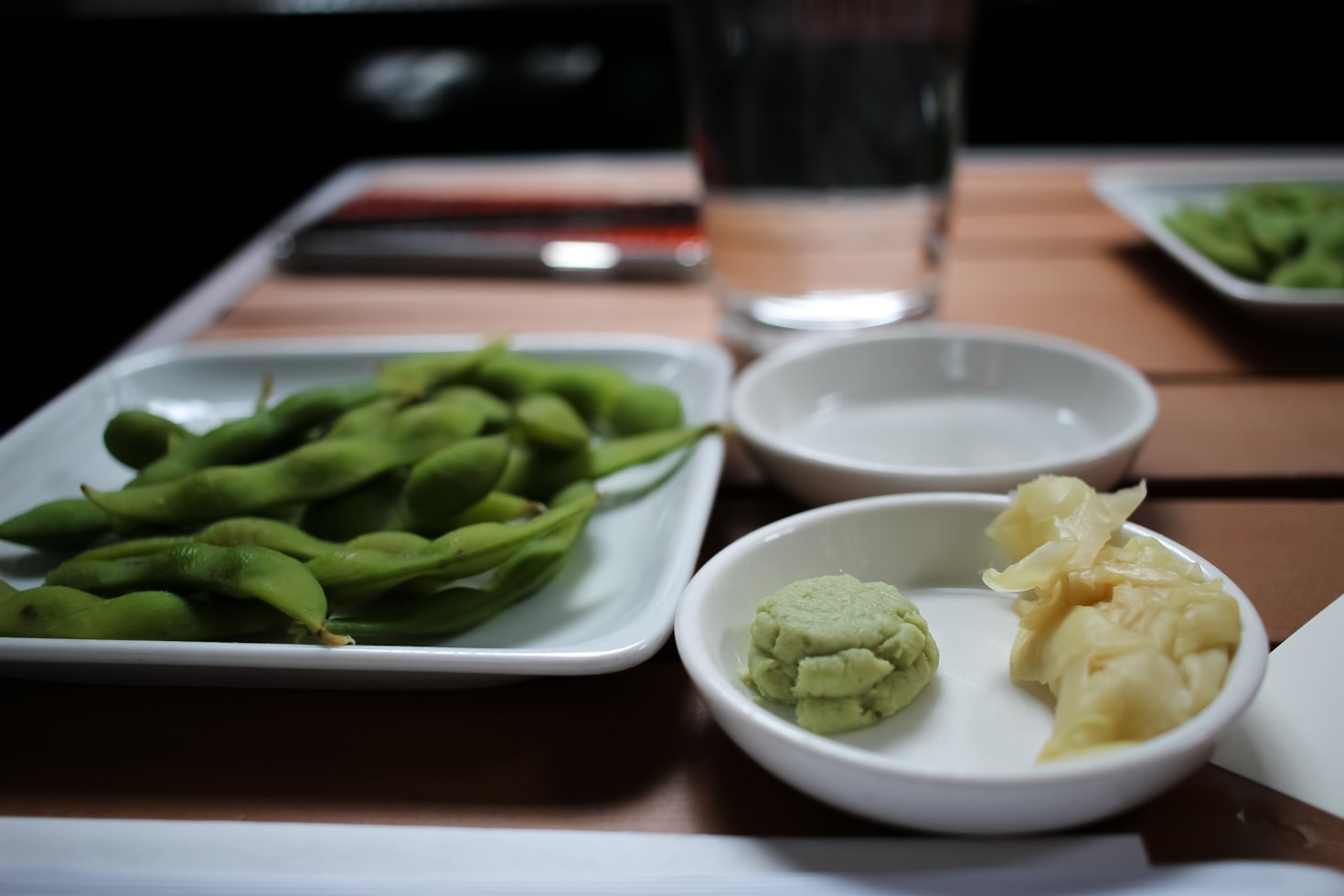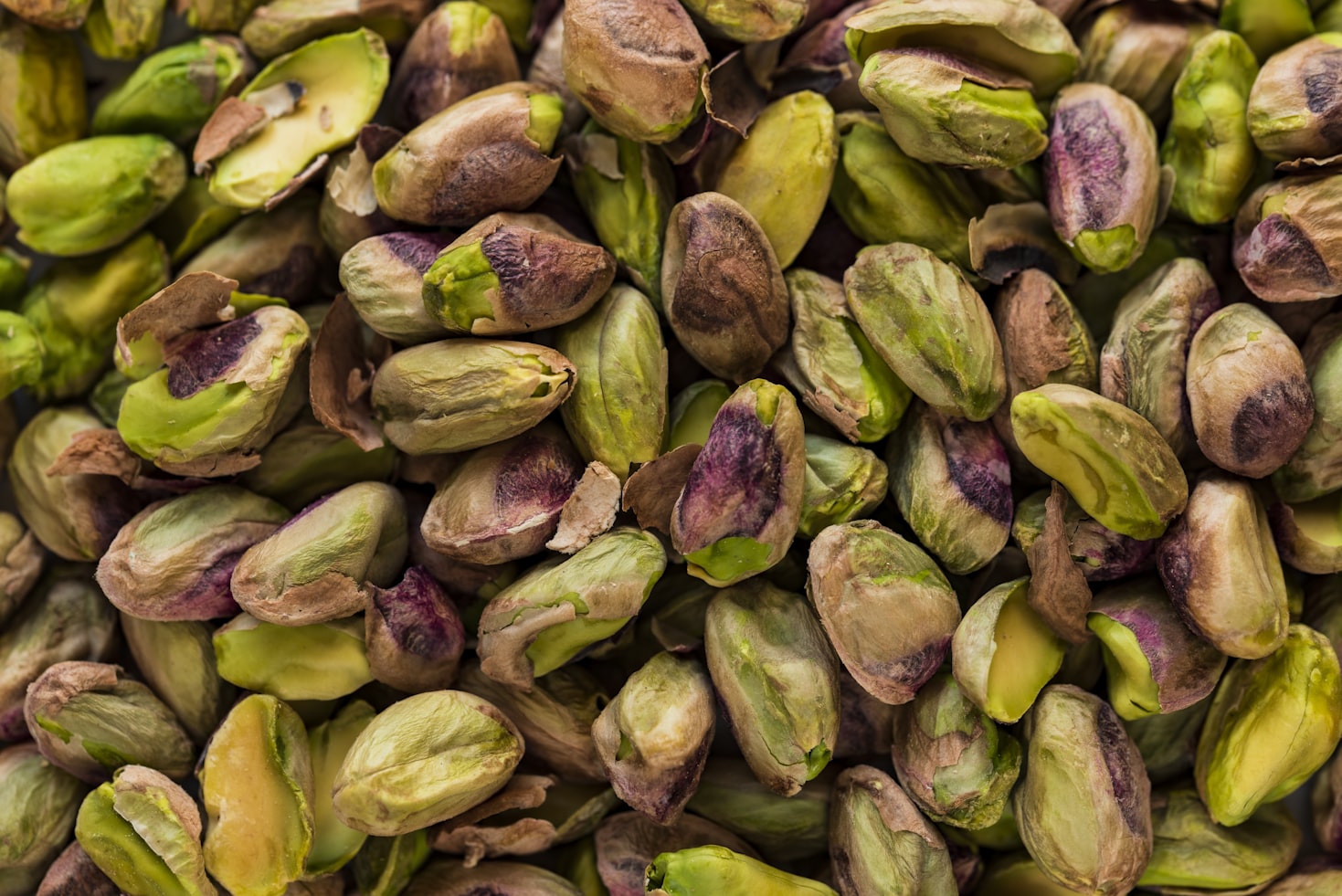Is Edamame Keto Friendly?
Following a ketogenic diet involves consuming low-carbohydrate, high-fat foods to induce a state of ketosis in the body. This metabolic state promotes fat burning and can lead to weight loss. However, it can be challenging to determine which foods are suitable for a keto diet. One such food that often raises questions is edamame. In this article, we will explore whether edamame is keto friendly and provide valuable insights to help you make informed dietary choices.
Understanding the Basics of the Keto Diet
Before delving into the keto-friendliness of edamame, it is essential to understand the basics of the ketogenic diet. The primary goal of this diet is to restrict carbohydrate intake to a minimum, typically below 50 grams per day. By doing so, the body is forced to rely on fat as its primary source of energy, leading to the production of ketones.
When following a keto diet, individuals typically consume foods that are high in healthy fats, moderate in protein, and low in carbohydrates. This means avoiding or minimizing foods such as grains, legumes, starchy vegetables, and most fruits.
What is Edamame?
Edamame is a popular Japanese dish made from immature soybeans that are harvested before they fully ripen. These young soybeans are typically boiled or steamed and served in their pods. Edamame is known for its vibrant green color and slightly sweet, nutty flavor.
The Nutritional Profile of Edamame
When considering whether edamame is keto friendly, it is crucial to examine its nutritional composition. Here is a breakdown of the macronutrients found in a 100-gram serving of edamame:
- Calories: 121
- Protein: 11 grams
- Fat: 5 grams
- Carbohydrates: 9 grams
- Fiber: 5 grams
From the nutritional breakdown, it is evident that edamame contains a moderate amount of carbohydrates. However, it is important to note that a significant portion of these carbohydrates comes from dietary fiber. Fiber is not digested by the body and does not contribute to the net carbohydrate count, making it keto friendly.
Net Carbohydrates and the Keto Diet
When following a ketogenic diet, it is common practice to calculate net carbohydrates rather than total carbohydrates. Net carbohydrates are determined by subtracting the fiber content from the total carbohydrate count. This calculation provides a more accurate representation of the carbohydrates that impact blood sugar levels and ketosis.
In the case of edamame, the net carbohydrate count is only 4 grams per 100-gram serving. This makes it a suitable option for individuals following a keto diet, as it falls within the recommended carbohydrate limit.
Edamame and Protein Intake
Another factor to consider when evaluating the keto-friendliness of edamame is its protein content. While protein is an essential macronutrient, excessive intake can potentially hinder ketosis. The ideal protein intake on a ketogenic diet varies depending on factors such as activity level and individual goals.
A 100-gram serving of edamame provides 11 grams of protein. While this may seem relatively high, it is important to consider the overall protein intake from other sources throughout the day. If edamame is consumed as part of a well-balanced keto meal plan, it is unlikely to significantly impact ketosis.
Benefits of Including Edamame in a Keto Diet
Despite its moderate carbohydrate content, edamame offers several benefits that make it a valuable addition to a keto diet:
- Rich in nutrients: Edamame is packed with essential vitamins and minerals, including folate, vitamin K, and manganese.
- Source of plant-based protein: Edamame is an excellent source of plant-based protein, making it a suitable option for individuals following a vegetarian or vegan keto diet.
- High in fiber: The fiber content in edamame promotes digestive health and helps maintain stable blood sugar levels.
- Low in calories: Edamame is relatively low in calories, making it a satisfying snack or addition to meals without significantly impacting overall calorie intake.
Frequently Asked Questions (FAQ)
1. Can I eat edamame on a keto diet?
Yes, edamame can be consumed on a keto diet due to its low net carbohydrate count. However, it is essential to consider portion sizes and overall macronutrient intake to maintain ketosis.
2. How much edamame can I eat on a keto diet?
The amount of edamame you can consume on a keto diet depends on your individual carbohydrate and protein goals. It is recommended to consult with a healthcare professional or registered dietitian to determine the appropriate portion sizes for your specific needs.
3. Can edamame kick me out of ketosis?
While edamame contains carbohydrates, its fiber content offsets the net carbohydrate count, making it unlikely to kick you out of ketosis when consumed in moderation.
4. Are there any potential side effects of eating edamame on a keto diet?
Edamame is generally safe to consume on a keto diet. However, some individuals may experience digestive discomfort or allergies. If you have any concerns or experience adverse effects, it is advisable to consult with a healthcare professional.
5. Can I include edamame in my keto meal plan every day?
Including edamame in your keto meal plan on a daily basis is possible, as long as it fits within your overall macronutrient goals. However, it is recommended to vary your food choices to ensure a well-rounded nutrient intake.
6. Are there any alternatives to edamame for a keto diet?
If you are looking for alternatives to edamame on a keto diet, consider incorporating other low-carbohydrate vegetables such as broccoli, cauliflower, or zucchini. These vegetables offer similar nutritional benefits and can be enjoyed in various keto-friendly recipes.
Summary
Edamame can be considered keto friendly due to its low net carbohydrate count and numerous health benefits. While it contains a moderate amount of carbohydrates, the fiber content offsets the impact on blood sugar levels and ketosis. Including edamame in a well-balanced keto meal plan can provide essential nutrients, plant-based protein, and contribute to overall dietary satisfaction. As with any dietary decision, it is important to consider individual goals and consult





